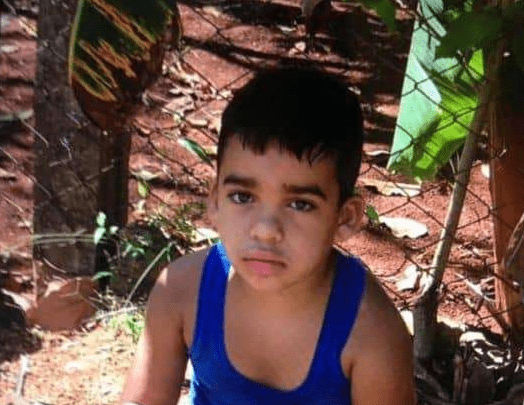
By Laura Gomez
HAVANA TIMES – Talking about childhood illnesses is always emotional, especially in contexts of scarcity and distress in a country like Cuba. We often see pleas for help on social media to obtain essential medications or treatments abroad.
Nine years ago, Mariana Cruz’s life took a turn. While she doesn’t face harsh economic difficulties, her day-to-day is a battle for hope.
Mariana Cruz: I would have liked to study medicine; it was a distant dream. I studied until tenth grade, worked at a funeral home, then went to Varadero to take care of a sick relative, and they paid me a salary for that. Life in a rural town is not easy. I always said that if I got pregnant, I would have the baby. Hearing the confirmation of the pregnancy from the doctor was very exciting. Feeling him grow inside me forged an indestructible bond. I experienced nausea, back pain, drowsiness, swollen feet, but also felt happiness, anxiety, fears. I am a blessed woman, especially because I had the support of my parents. I have beautiful memories of those nine months.
HT: Did you undergo all the tests performed during pregnancy?
MC: Of course, I believe that undergoing tests during the gestation process is an act of commitment and responsibility to your baby, even the risky ones, like the needle test.
HT: You mean amniocentesis; I’ve heard it can be a dangerous test.
MC: Yes, although at that moment, I only cared about knowing if my son would be a healthy boy. Later, I learned that during this test, some pregnancies are terminated due to spontaneous abortions. Anyway, I wouldn’t have hesitated to do it because it guarantees his health. I was impatient during the wait for the results, and I remember a neighbor telling me that it was a very reliable test. However, it came back negative; there were no genetic abnormalities.
HT: How was the childbirth?
MC: It was a complicated cesarean at nine months. The cervix did not dilate enough, and the epidural did not work; they administered general anesthesia. The child was born cyanotic, didn’t cry at birth. Then the doctors treated him for 16 days with antibiotics due to sepsis.
HT: Finally, what was the diagnosis given to the child at birth?
MC: Y chromosome inversion. It’s a rare genetic disorder. At that time, I knew nothing about chromosomal abnormalities, and since the needle test result showed nothing wrong, I wasn’


